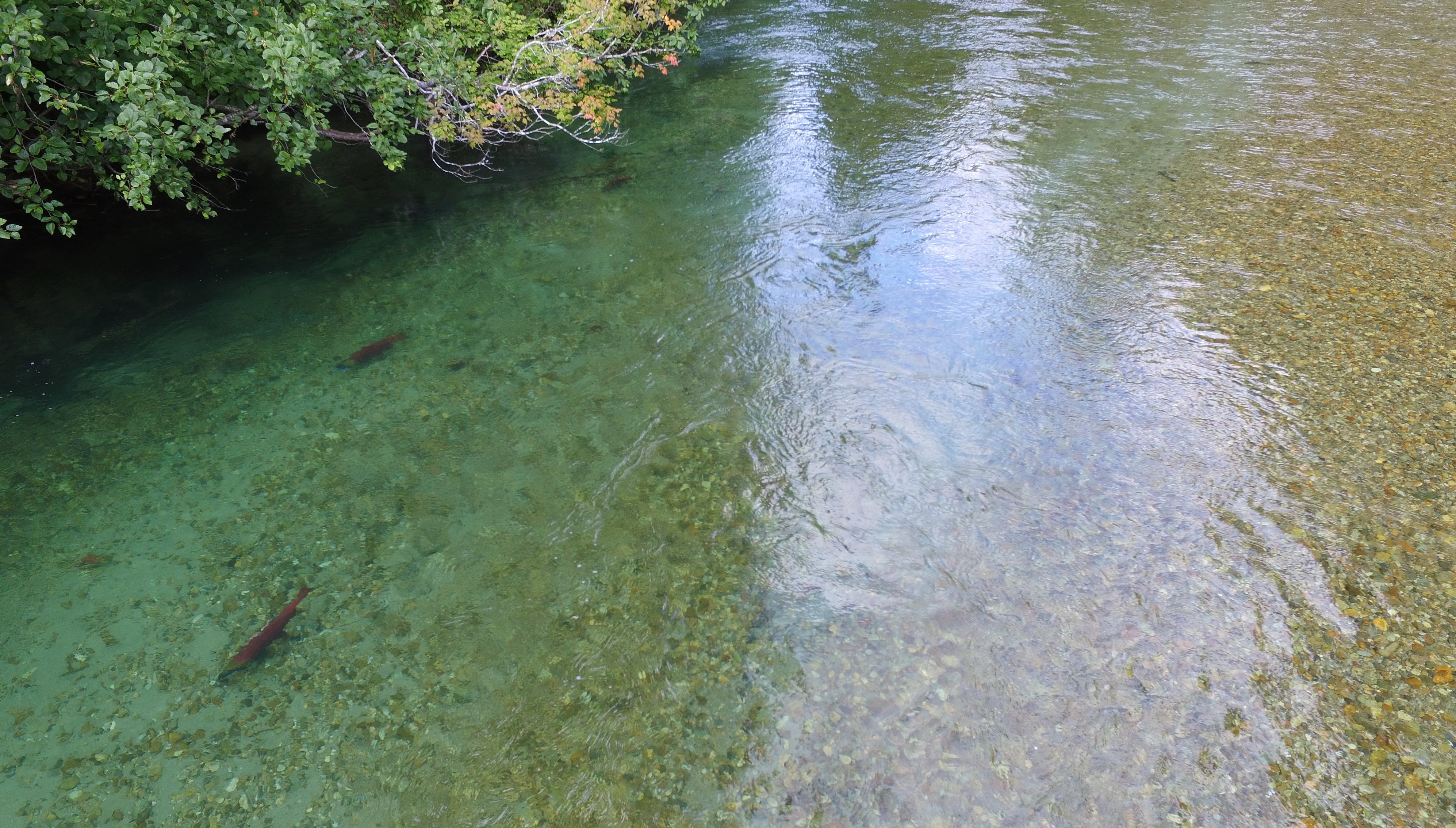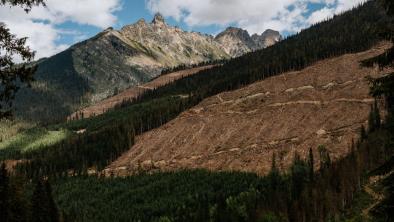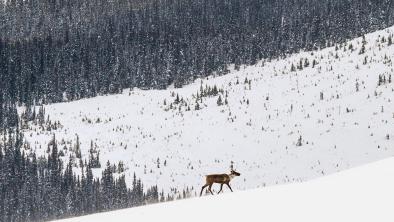Cohen inquiry presses Ottawa to curb fish-farm impact on sockeye
Globe & Mail

The event that caused Prime Minister Stephen Harper to order a judicial inquiry into salmon management was so catastrophic it sent a shock wave throughout British Columbia: In the fall of 2009, sockeye salmon almost vanished from the Fraser River.
After decades of decline, the most productive salmon river on the planet – a river that once had a run of 100 million sockeye – had suddenly been reduced to just one million spawners.
On Wednesday, Bruce Cohen, the B.C. Supreme Court justice appointed three years ago by Mr. Harper to conduct the inquiry, said he was unable to find “the smoking gun” in the mystery of what caused the collapse.
But Judge Cohen left no doubt that he thinks the government can save and restore the Fraser’s once-prolific runs – if it invests in research, limits the impact of fish farms, contains diseases in hatcheries, and rededicates the Department of Fisheries and Oceans to protecting wild salmon and wild salmon habitat.
In a massive three-volume document, Judge Cohen called for a freeze on fish-farm development in the Discovery Islands, says farms should not be located near salmon migration routes, and raises the possibility that salmon farming could be banned completely if research shows the industry poses an unacceptable risk to wild stocks.
Mr. Cohen also said the federal government should take the responsibility for managing fish farms away from the DFO, saying the department is caught in a conflict when it is asked to promote fish farms on the one hand, and protect wild salmon on the other.
“In my view salmon farms should not be permitted to operate unless it is clear that they pose no more than a minimal risk to the Fraser River sockeye salmon,” Mr. Cohen said in a press conference.
He said predation, infectious diseases, contaminants, climate change and other factors contributed to the collapse of the Fraser’s fabled sockeye runs. But he said much more scientific research is needed, and he called on the government to start that work now, and not put it off because of budget concerns.
“Some individuals, I suspect, hoped that our work would find the ‘smoking gun’ – a single cause that explained the two-decade decline. The idea that a single event or stressor is responsible for the 1992-2009 decline in Fraser River sockeye is appealing but improbable,” he states in the report.
“Throughout the hearings I heard that sockeye experience multiple stressors that may affect their health and their habitats. … Regrettably, that is as far as the evidence takes me. Filling the knowledge gaps will be a major endeavour.”
Environmentalists hailed the document as a major breakthrough that could point the way to reviving B.C.’s beleaguered salmon stocks if the report’s key recommendations are followed.
“Essentially what he is saying is that the Department of Fisheries and Oceans needs to get back into the business of protecting wild salmon in British Columbia,” said Gwen Barlee, a director of the Wilderness Committee.
Otto Langer, a former DFO employee and outspoken conservationist, said he was surprised and pleased by the report. “This is as good as it gets,” he said. “I think fingers were adequately pointed at DFO and at the fish farmers and I don’t think we could have expected any better.”
Tim Leadem, a lawyer who represented a coalition of environmental organizations during the hearings, said Judge Cohen acknowledged the importance of their concerns.
“He recognizes from a conservation perspective that Fraser River sockeye are iconic to British Columbians … and I think if we want to keep sockeye swimming in our waters we would be wise to heed most of the recommendations in his report,” he said.
But fish farmers were wary, saying it will take time to understand the full implications of the report, which calls for a freeze on development in the Discovery Islands until more research is done.
“We need a bit more time because we’ve just seen this report. There’s 75 detailed recommendations. There’s over 1,100 pages of report there. But what the report says is that in one area, the Discovery Islands, that there’s a particular concern around so let’s do some more research,” said Stewart Hawthorn, managing director of Greig Seafood BC Ltd.
“We’ve always been focused on science and research,” he said. “And really, he’s not saying stop [fish farming], which is great, he’s saying let’s do some more research.”
Judge Cohen, who held 18 months of judicial hearings, in which more than 150 witnesses testified, was highly critical of the federal government for ringing in legislation to amend the Fisheries Act while his inquiry was under way. “The Government of Canada suspended several processes pending the results of this inquiry,” wrote Mr. Cohen. “It is regrettable that the legislative amendments, especially those related to the Fisheries Act, could not also have waited until the Government of Canada had the opportunity to consider this report.”


